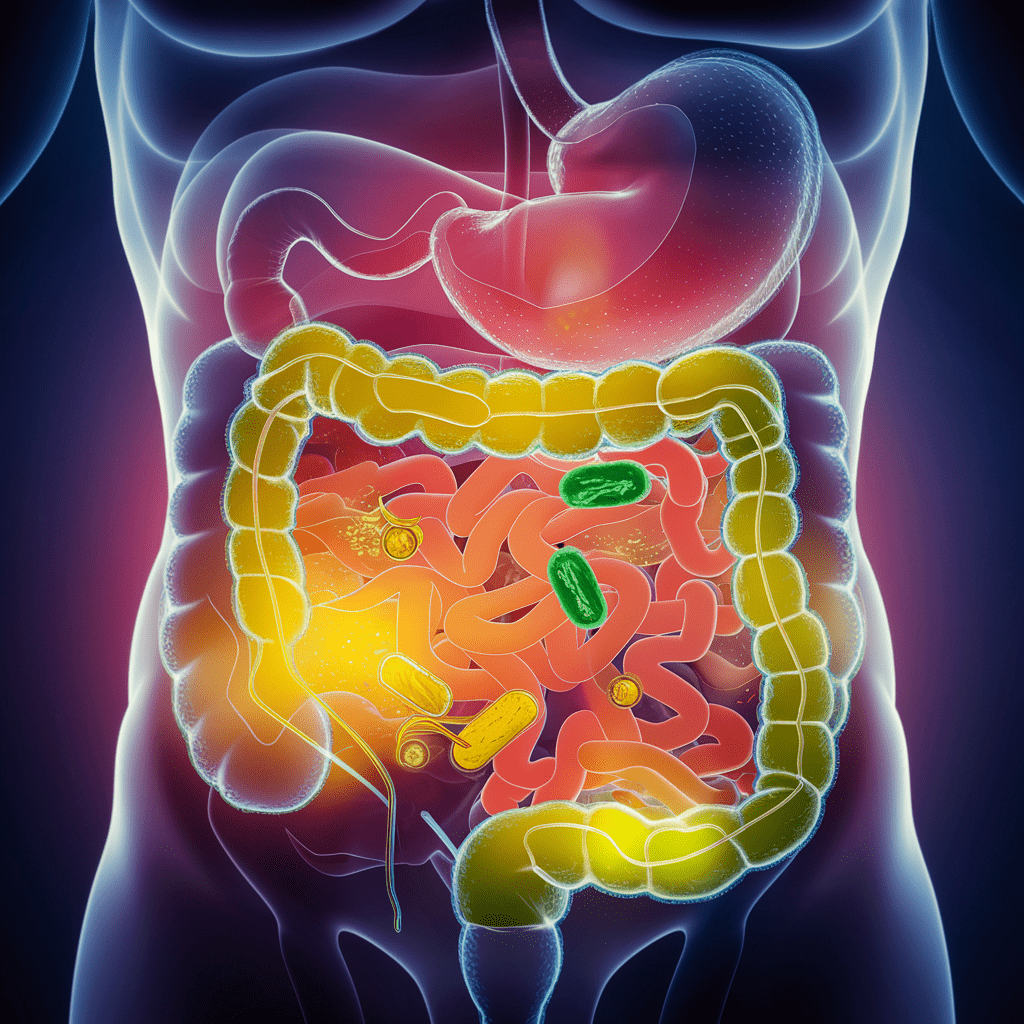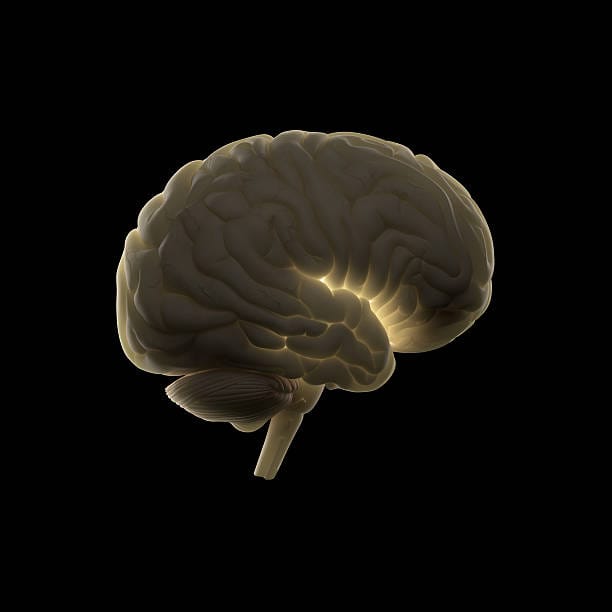In recent years, science has begun to reveal something astonishing: your gut is more than just a digestive organ—it’s a vibrant, bustling universe that plays a critical role in your overall health. Often called the “second brain,” the gut houses trillions of microbes and neurons that impact not only digestion but mood, immunity, skin health, and even brain function.
But what happens when things go wrong in this hidden world? An unhealthy gut doesn’t just manifest in stomach aches or bloating. It sends out distress signals across your entire body—many of which people overlook or misattribute to other causes. If you’ve ever had unexplained fatigue, stubborn skin issues, brain fog, or even anxiety, your gut may be at the root of the problem.
This article explores the intricate ways your gut communicates with you and reveals the key signs of an unhealthy gut you should never ignore. By learning to recognize these signals, you can take proactive steps to restore balance, improve health, and feel like yourself again—perhaps even better than ever.
The Gut Microbiome: Your Invisible Partner
Inside your intestines lives a complex community of bacteria, viruses, fungi, and other microbes collectively known as the gut microbiome. While that might sound scary, most of these microorganisms are actually beneficial. They help digest food, produce vitamins, regulate hormones, protect against pathogens, and even influence your emotions.
Think of your microbiome as a rainforest. When it’s diverse and balanced, it supports a healthy ecosystem. But when it’s out of balance—too many harmful bacteria, too few beneficial ones—things start to fall apart. This imbalance, known as dysbiosis, is the root cause of many health issues that extend far beyond your digestive system.
Understanding how to spot the signs of a gut in trouble is the first step in healing it. And believe it or not, your body is constantly sending you clues.
Persistent Bloating and Gas: The Obvious Sign With Hidden Meaning
Let’s start with one of the most common symptoms: bloating. While occasional bloating after a large meal is normal, persistent bloating—especially when paired with excessive gas—may indicate that your gut microbiome is out of sync.
When your gut bacteria aren’t doing their job properly, food ferments in the intestines instead of being smoothly digested. This produces gas, discomfort, and that telltale distended belly feeling. It might feel like you’re carrying around a balloon inside your abdomen.
Some people chalk this up to overeating or “just getting older.” But if bloating becomes your new normal, it’s worth investigating deeper. Chronic gas and bloating can point to conditions like small intestinal bacterial overgrowth (SIBO), candida overgrowth, or low stomach acid—all of which disrupt your gut balance.
Irregular Bowel Movements: Your Gut’s Report Card
Your poop says a lot about your gut health. It may not be a glamorous topic, but regular, well-formed stools are a sign of a well-functioning digestive system. On the other hand, chronic constipation or diarrhea—especially if they alternate—can be signs of a gut that’s crying for help.
Constipation may mean your digestion is too slow, often linked to sluggish gut motility, dehydration, or a microbiome that’s missing key fiber-digesting bacteria. Diarrhea suggests the opposite: overly rapid transit time, inflammation, or bacterial imbalance.
IBS (Irritable Bowel Syndrome), often dismissed as a vague diagnosis, is increasingly understood as a symptom of gut dysfunction rather than a stand-alone condition. It may stem from dysbiosis, leaky gut, or post-infection changes to the microbiome.
Consistency matters. If your bowel habits have changed for weeks or months without clear reason, it’s a sign your gut needs attention.
Unexplained Fatigue: When Your Gut Drains Your Energy
Ever feel exhausted for no reason? While poor sleep or stress may be to blame, your gut could also be behind that persistent fatigue. An unhealthy gut can interfere with nutrient absorption, leaving your body starved for vital vitamins like B12, iron, and magnesium—all crucial for energy production.
Moreover, inflammation in the gut can trigger immune responses that leave you feeling chronically tired. Your body is using its energy reserves to manage low-grade, ongoing stress caused by microbial imbalance or gut lining damage.
Some gut bacteria also play a direct role in regulating circadian rhythms and sleep cycles. When these are out of sync, your sleep quality declines—even if you’re in bed for eight hours.
If you’re constantly tired despite a seemingly healthy lifestyle, your gut may be the missing link.
Skin Problems: Your Gut Reflects on Your Face
Skin issues such as acne, rosacea, eczema, or psoriasis often originate from the gut. Inflammation and imbalances in gut flora can increase intestinal permeability (often called “leaky gut”), allowing toxins to enter the bloodstream and trigger systemic inflammation—including in the skin.
Your skin is often the first place gut problems show up, acting as an external barometer of internal distress. Redness, rashes, chronic breakouts, and even premature aging may be connected to how well your gut barrier is functioning.
Many people treat skin issues topically, applying creams and lotions, but fail to address the root cause. Improving gut health has helped many people clear skin conditions they’d battled for years.
Food Intolerances: A Gut That’s Lost Its Tolerance
Do you suddenly find that dairy upsets your stomach or that certain foods make you feel bloated, gassy, or unwell? These could be food intolerances—not to be confused with allergies, which involve the immune system. Intolerances usually stem from an inability to digest certain foods properly, often due to gut imbalance.
For example, a lack of lactase-producing bacteria can cause lactose intolerance. Gluten sensitivity may stem from gut inflammation or leaky gut, which makes the intestinal lining more reactive.
When your gut is healthy, it can tolerate a wide range of foods. When it’s struggling, your digestive system becomes picky and reactive. New food sensitivities that appear later in life are a major red flag.
Mood Disorders: The Gut-Brain Axis at Work
Here’s something fascinating: around 90% of your serotonin—the “feel-good” neurotransmitter—is produced in the gut. It’s no wonder then that gut health and mental health are so closely linked. This two-way communication is known as the gut-brain axis.
An unhealthy gut can lead to increased anxiety, depression, irritability, and even panic attacks. Dysbiosis and inflammation affect the vagus nerve, neurotransmitter levels, and stress hormone regulation.
Many people are prescribed antidepressants or anti-anxiety medications without ever being told to examine their gut. Yet restoring gut health often leads to dramatic improvements in mood and emotional resilience.
Bad Breath and Foul Body Odor: Toxins on the Move
If brushing and flossing aren’t solving your halitosis, the problem might be lower down. An overgrowth of certain gut bacteria can produce sulfur compounds and other foul-smelling gases that escape through your breath or even skin.
Similarly, a sluggish or toxic gut can increase the body’s burden of waste products, leading to stronger body odor. Think of it as a plumbing system: when the pipes are clogged, things back up—and the results are hard to ignore.
Improving digestion, eliminating constipation, and balancing the gut flora often leads to fresher breath and a cleaner internal environment.
Autoimmune Conditions: When the Gut Turns Against You
Your gut is home to 70% of your immune system. When it’s healthy, it teaches your immune cells to recognize friend from foe. But when the gut lining is damaged or inflamed, this communication breaks down—and the immune system may start attacking your own tissues.
This process is at the root of autoimmune diseases like Hashimoto’s thyroiditis, rheumatoid arthritis, lupus, and multiple sclerosis. While genetics play a role, gut health is often the trigger that flips the switch.
Chronic inflammation, leaky gut, and dysbiosis are common in people with autoimmune disorders. Restoring gut integrity can often lead to reduced symptoms, fewer flare-ups, and even remission in some cases.
Frequent Illnesses and Poor Immunity: A Gut Without Guards
If you’re catching every cold that comes your way, or if wounds heal slowly and infections linger, your gut could be to blame. A balanced gut microbiome supports a strong immune response, while an unhealthy one weakens your defenses.
Good bacteria crowd out harmful invaders, stimulate immune surveillance, and modulate inflammation. But when your microbial army is out of balance, your immune system becomes either overactive (autoimmunity, allergies) or underactive (susceptibility to infections).
Boosting your gut health may be the single most effective way to enhance your immunity—more powerful than any supplement or vaccine.
Sugar Cravings: A Gut That’s Been Hijacked
Do you constantly crave sweets or starchy carbs? This isn’t just a matter of willpower. Certain gut bacteria actually “ask” for sugar by influencing your brain and taste receptors. The more you feed them, the more they grow—and the more they demand.
Candida and other yeast overgrowths are notorious for fueling sugar cravings. They create a feedback loop that keeps you reaching for that chocolate bar, even when you know you should stop.
Cravings are a biological signal—not a personal failure. When your gut is balanced, your appetite stabilizes, your taste preferences shift, and sugar loses its addictive grip.
Joint Pain and Inflammation: The Gut-Joint Connection
If your joints ache without clear cause, or if you suffer from stiffness, swelling, or arthritis-like symptoms, your gut might be involved. Gut inflammation can travel through the bloodstream, triggering systemic inflammation that settles in the joints.
Conditions like rheumatoid arthritis have been linked to specific gut bacteria. Even common osteoarthritis may worsen due to chronic gut-driven inflammation.
Healing the gut reduces inflammatory markers across the body and often leads to surprising improvements in joint health and mobility.
Weight Gain or Loss Resistance: A Gut Out of Balance
Struggling to lose weight despite diet and exercise? Or perhaps you’re losing weight unintentionally? Both can be signs of gut dysfunction.
Certain bacteria are better at extracting calories from food, contributing to weight gain. Others influence hormones like ghrelin (hunger) and leptin (fullness), throwing appetite regulation out of whack.
Inflammation, blood sugar spikes, insulin resistance, and stress all play roles—and many originate in the gut. Until balance is restored, weight struggles may persist no matter how disciplined you are.
Conclusion: Don’t Ignore the Signals
Your gut is your body’s command center for health. When it’s working properly, you feel energized, clear-headed, and strong. But when it’s struggling, it whispers warnings—or sometimes shouts them—through a wide range of symptoms.
From bloating and fatigue to anxiety and skin problems, the signs of an unhealthy gut are diverse but connected. Listening to these signals and responding with care, curiosity, and action can lead to profound transformations—not just in digestion, but in your entire life.
It’s never too late to start healing. Nourish your microbiome. Eat whole foods. Reduce stress. Sleep well. Seek professional guidance if needed. Most of all, listen to your gut. Because it’s not just speaking—it’s trying to save you.






